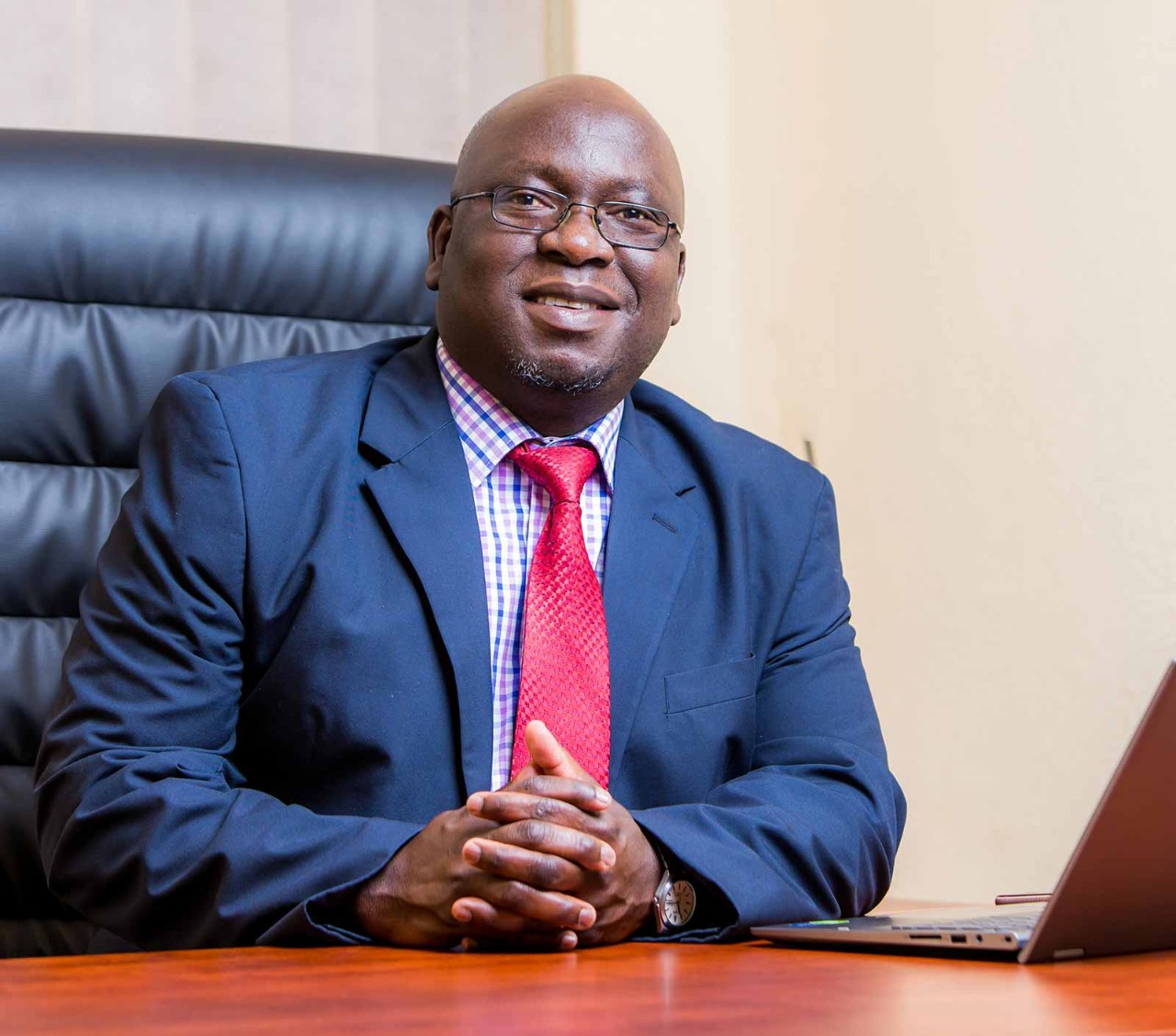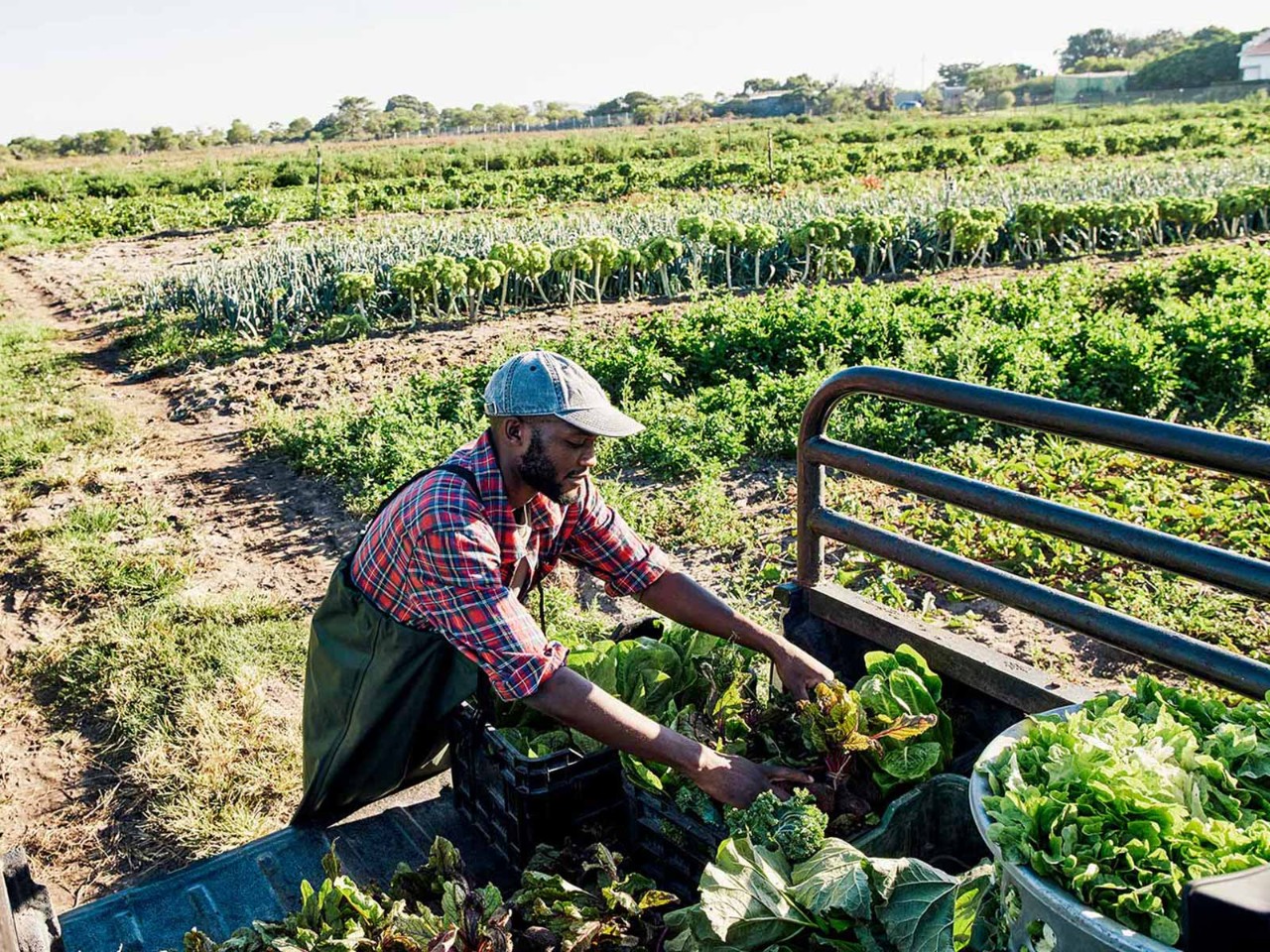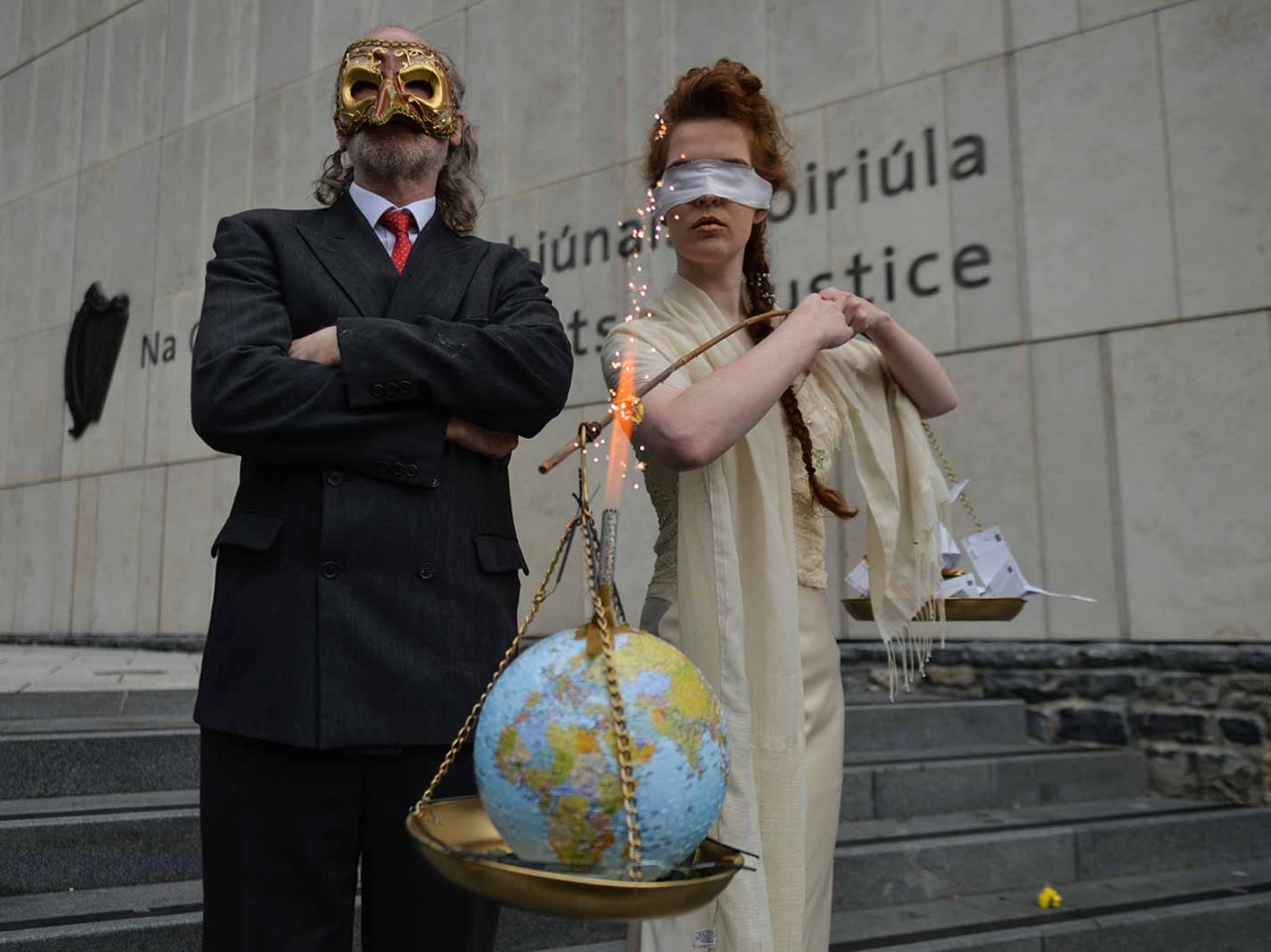
For any country, developing a diverse pool of business leaders to steer and grow its businesses is key to a successful economy. It’s also important for ambitious, talented individuals to know that there are opportunities for them to progress, to avoid the brain drain.
In Tanzania, ACCA members have been supporting the local business community in developing suitably qualified professionals, in order to rectify a longstanding lack of home-grown candidates that has its roots in the East African country’s past.
Tanzania’s economy has traditionally been dominated by multinationals that have tended to overlook homegrown talent
Unguu Sulay FCCA, managing director at Coca-Cola Kwanza, suggests that Tanzania’s recent history has a part to play in this capacity shortage. ‘Until the mid-1980s the country was a socialist state, so in many ways leadership for a market economy is still evolving,’ he says.
Obstacles to progression
Another contributing factor, Sulay believes, is that Tanzanians come from a broadly conservative culture and may have struggled to see them themselves rising to leadership roles. Meanwhile, the education sector has focused on hard technical skills while placing little emphasis on the core soft skills of leadership.
In addition, Tanzania’s economy has traditionally been dominated by multinationals that have tended to overlook homegrown talent in favour of individuals brought in from outside the country.
Sulay believes other dynamics are at play, too, among them a culture of poor succession planning.
‘It’s an example of the mistrust – or directives that come from investors elsewhere – that contributes to few Tanzanians working in leadership positions,’ he says.
Sulay has first-hand experience of the struggle for Tanzania’s aspiring business leaders to get a foot on the ladder. As an ambitious assistant CFO in a large company, his superiors agreed that he was a talented prospect and sent him on a leadership course. However, when the CFO role became vacant, he was passed over and the job went to a candidate from South Africa.
Skills development
Sulay went on to win a CFO position at another company, but the episode led him to take steps to develop his leadership skills, by undertaking the CEO Apprenticeship: Tanzania’s first dedicated programme for developing chief executives. While the 18-month programme – which is run by the CEO Roundtable (CEOrt) in partnership with Strathmore University in Nairobi – includes the hard, analytic skills required by leaders, the primary focus is on mentorship by CEOs.
‘Graduates coming out of this programme say that it definitely impacted their development and switched their mindset,’ says Santina Majengo Benson, CEOrt executive director.
'We’re bridging the gap so that they have the information and mentorship that helps them grow'
What makes a good leader
- Emotional intelligence
- Ethical conduct
- Interpersonal skills – the ability to engage and relate to people is especially important for building relationships
- Agility and adaptability
- Negotiation and decision making skills
- Ability to manage conflict
Sanjay Rughani FCCA, former chair of the CEOrt and previously CEO of Standard Chartered Bank (SCB) in Tanzania, played an integral part in developing the scheme and was also instrumental in cementing the CEOrt’s commitment to ethical leadership. Now SCB’s CEO in Uganda, he believes that the programme sends a clear message to employers. ‘Ultimately, it’s going to promote a sense of recognition, a sense of responsibility that we can build our own talent,’ he says.
Majengo Benson agrees. ‘If we’re going to see sustainable development, with economies shifting from low income to middle income, we will require leadership that thinks from a different perspective,’ she says.
Building on the success of the CEO Roundtable scheme, Sarah Majengo – Majengo Benson’s sister – has gone on to develop Fanisi, a programme that develops leadership skills in mid-level managers. Like its parent programme, Fanisi places a strong emphasis on mentoring, while also building participants’ confidence in areas such as public speaking, solving complex problems, collaboration and building support networks.
‘People often don’t feel like they have access,’ says Majengo. ‘What we’re doing is bridging the gap so that they have the information and mentorship that helps them grow.’
ACCA mentors
With mentoring one of the foundations of ACCA, the organisation and its members are well placed to foster the skills required by future leaders, whether in Tanzania or elsewhere in Africa. Sulay and Rughani are firm believers in the power of mentoring and regularly give their time to help aspiring leaders and other young professionals to progress. The global ACCA Mentoring Programme aims to make impactful connections that provide opportunities for personal and professional growth, for both mentors and mentees.
‘The leadership aspect of the ACCA Qualification is about upholding the principle of fairness – being a force for good’
Coupled with this is the fact that the ACCA Qualification is globally recognised, which, Sulay says, helps to put homegrown leadership candidates and their external counterparts on a more equal footing.
‘If a CEO or CFO comes from elsewhere in the world, it’s very likely they’ll be ACCA qualified,’ he says. ‘You stand a higher chance with the ACCA Qualification.’
ACCA also provides the skills required at the top level. ‘The leadership aspect of the ACCA Qualification is about upholding the principle of fairness – being a force for good and having the right value system,’ Rughani says. ‘ACCA has helped me to think as a leader.’
More action
While Tanzania’s burgeoning leadership programmes are a step in the right direction, Sulay stresses that in order to create the next generation of leaders, government support is vital.
A good starting point, he suggests, would be for schools and universities to integrate leadership skills into courses, while changes to labour laws could help to ensure that local candidates are considered on an equal footing with foreign CEOs. ‘Our interventions are going to really make an impact,’ Sulay says, ‘but it’s never enough.’



